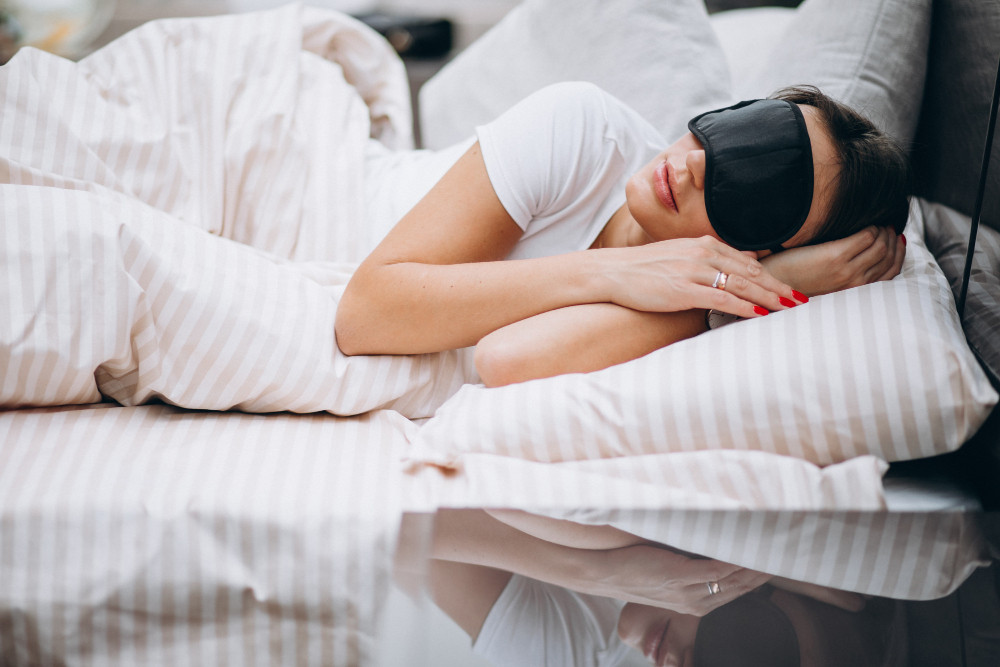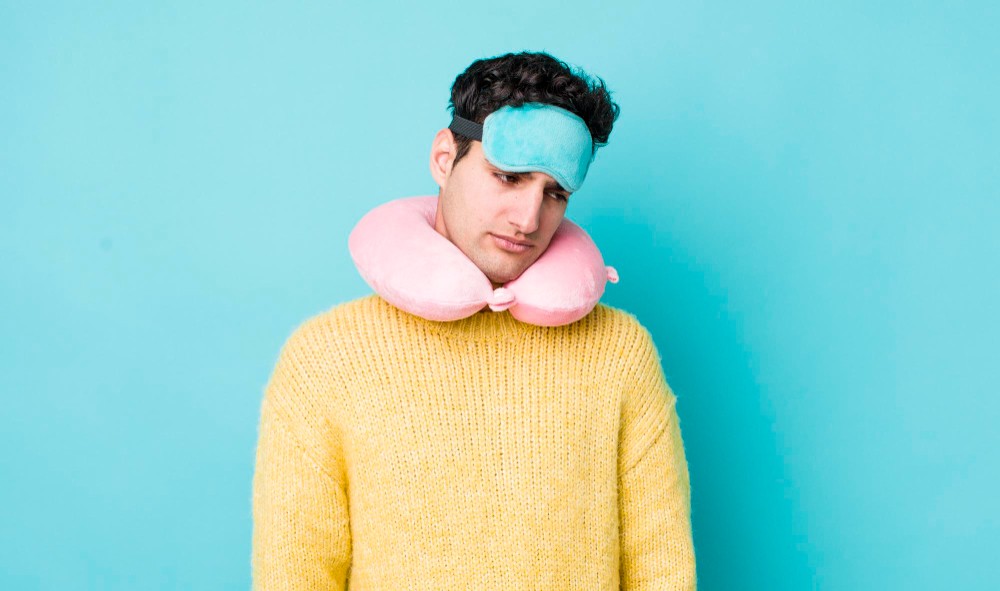Adults typically require 6–8 hours of sleep. Sleep deprivation has been linked to various health issues, including diabetes and heart disease. However, people can occasionally oversleep. So, is oversleeping safe for your health, and how should you deal with it? Find out in the following article.
Causes of oversleeping
Oversleeping occurs when a person sleeps for more than 9 hours per day. Sleeping longer does not always result in feeling refreshed upon waking. People who oversleep frequently experience daytime sleepiness, headaches, and the urge to nap throughout the day.
Excessive sleep may occur for various reasons, including:
- Lack of sleep: Working night shifts or engaging in activities that reduce sleep are common causes.
- Viral or bacterial infections: Including the flu, colds, and COVID-19.
- Drug influence: Some drugs, such as antihistamines, sleeping pills, tranquilizers, and medications, can cause excessive sleepiness.
- Sleep disorders: Conditions like circadian rhythm disorder, narcolepsy, restless leg syndrome, and obstructive sleep apnea (OSA).
- Drug and alcohol use.
How dangerous is oversleeping?
Oversleeping, like sleep deprivation, is detrimental to your health. People who sleep for more than 7 hours have higher levels of C-reactive protein (CRP), indicating inflammation in the body. High CRP levels are also linked to an increased risk of heart attack.
Excessive sleep poses several health risks, including:
- Increased diabetes risk: People who sleep more than 8 hours per day are more likely to develop diabetes than those who sleep for the recommended amount of time.
- Obesity: Increased risk of obesity.
- Increased risk of death: Oversleeping is associated with an increased risk of death, particularly from heart disease and stroke.
How to deal with oversleeping
If you believe you get too much sleep on a regular basis, reconsider your daily activities and see a doctor. A doctor can determine the cause of oversleeping and recommend a suitable treatment plan.
For example, if your oversleeping is caused by a cold or the flu, your doctor will prescribe medications that do not cause excessive sleepiness, allowing you to resume your normal sleep schedule.
In addition to these medications, your doctor may recommend lifestyle changes, such as creating a healthy bedtime routine that includes:
- Developing a regular sleep schedule entails following the same sleep-wake schedule every day, including weekends. The same schedule allows you to maintain a consistent sleep schedule, preventing sleep deprivation and oversleeping.
- Reduce your use of gadgets before bedtime: Blue light from gadgets can make it difficult to fall asleep, disrupting your sleep pattern. Limit your device use to at least 30 minutes, or an hour, before bedtime.
- Create a comfortable sleeping environment: Keep your bedroom clean and set the temperature to a comfortable level for sleeping. At bedtime, turn off the lights to stimulate melatonin production and make your room quiet or noisy.
- Adopt an active lifestyle. Regular exercise and exposure to morning sunlight can help you sleep better at night. To maintain regular sleeping hours, avoid high-intensity exercise near bedtime because it causes the release of adrenaline hormones, which keep you awake.
In addition to medications, your doctor may recommend lifestyle changes, such as creating a healthy bedtime routine that includes:
- Developing a regular sleep schedule: Follow the same sleep-wake schedule every day, including weekends. A consistent schedule helps prevent sleep deprivation and oversleeping.
- Reducing gadget use before bedtime: Blue light from gadgets can disrupt your sleep pattern. Limit device use at least 30 minutes, or an hour, before bedtime.
- Creating a comfortable sleeping environment: Keep your bedroom clean and set a comfortable temperature for sleeping. Turn off the lights at bedtime to stimulate melatonin production and make your room quiet, or use white noise if preferred.
- Adopting an active lifestyle: Regular exercise and exposure to morning sunlight can help you sleep better at night. To maintain regular sleeping hours, avoid high-intensity exercise near bedtime as it can release adrenaline, keeping you awake.
Oversleeping can have harmful effects on health. If you feel that excessive sleep is affecting your health, you should see a doctor.
If you need medical advice or consultation, you can either visit a doctor or make use of the consultation features that are available in the Ai Care application by downloading the Ai Care application from the App Store or Play Store.
Looking for more tips and health tricks, first aid, and home remedies? Click here!
- dr Nadia Opmalina
Gardner, A. (2024). Why Am I Sleeping So Much All of a Sudden?. Available from: https://www.health.com/condition/sleep/sleeping-too-much
Better Health. Excessive Sleepiness. Available from: https://www.betterhealth.vic.gov.au/health/conditionsandtreatments/sleep-hypersomnia
Parker, H. (2022). Physical Side Effects of Oversleeping. Available from: https://www.webmd.com/sleep-disorders/physical-side-effects-oversleeping
Meadows, A., Rehman, A. (2023). Oversleeping. Available from: https://www.sleepfoundation.org/how-sleep-works/oversleeping











